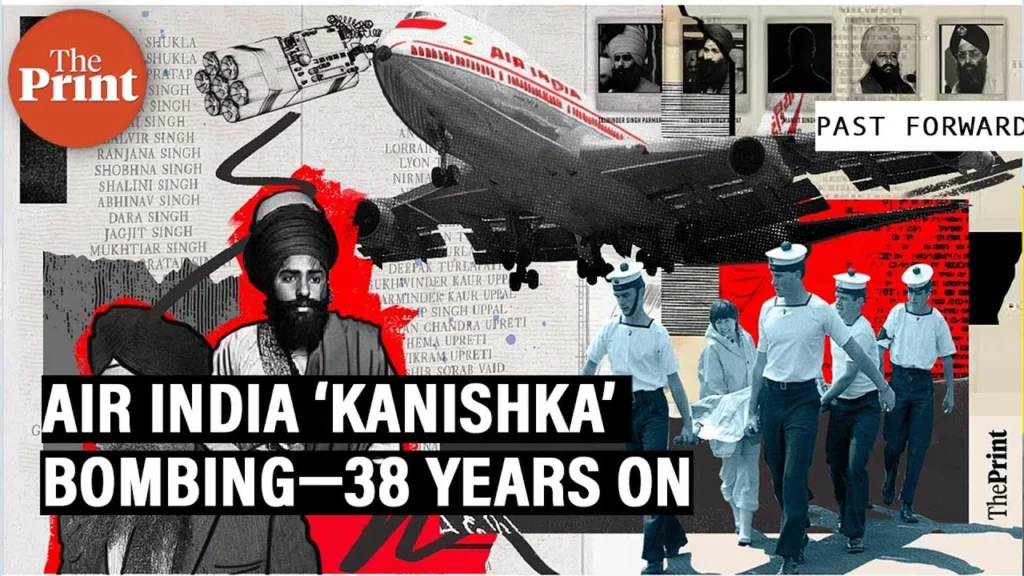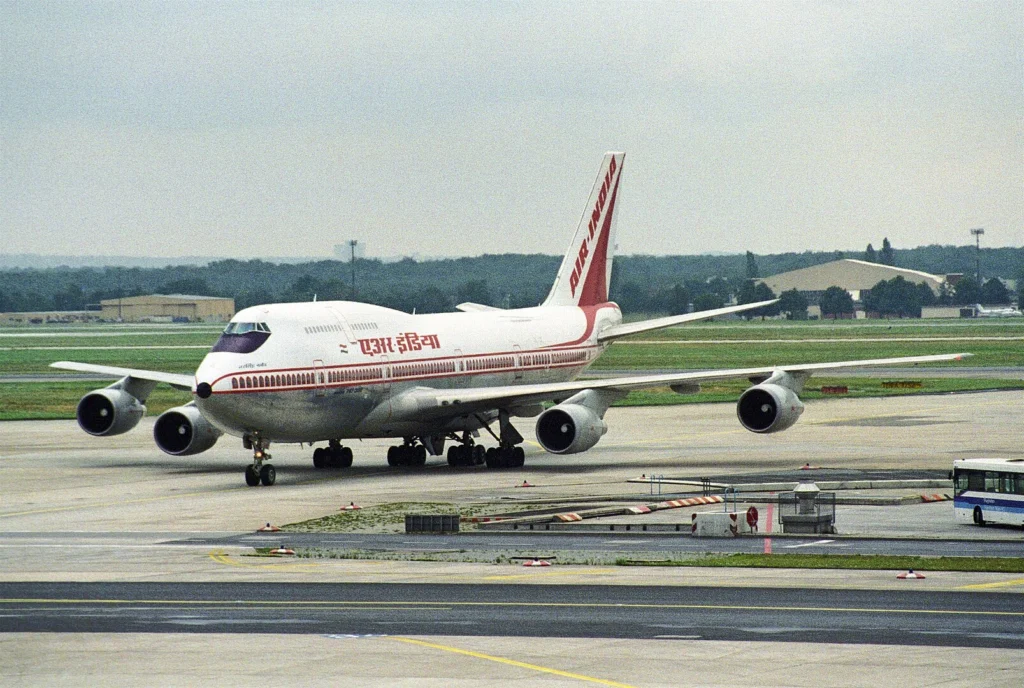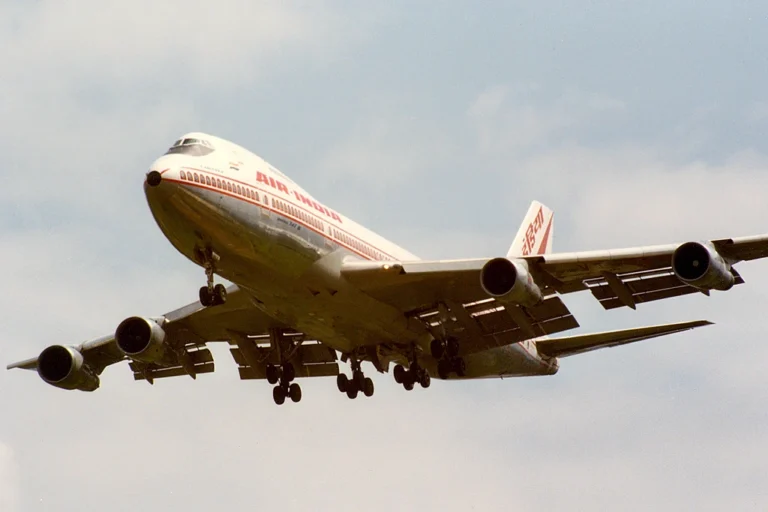VANCOUVER— Nearly 40 years after the bombing of Air India (AI) Flight 182, Canadian authorities have confirmed the identity of a suspect involved in the 1985 terror attack but have refused to release the name due to privacy laws.
The Royal Canadian Mounted Police (RCMP) revealed that the man, previously referred to as “Mr. X” was linked to the testing of the bomb that ultimately destroyed the Kanishka over the Atlantic, killing 329 people en route from Toronto (YYZ) to Delhi (DEL). However, the suspect is now deceased and will not face charges.

Air India Kanishka Bombing
According to the Vancouver Sun, RCMP investigators have finally identified a man who had long eluded public knowledge in the Air India Flight 182 bombing case.
RCMP Assistant Commissioner David Teboul confirmed the identification but stated that federal privacy laws prohibit disclosure of the individual’s name, who was reportedly present during the pre-attack bomb test with known conspirators Talwinder Singh Parmar and Inderjit Singh Reyat.
Despite this revelation, Teboul acknowledged that the case is unlikely to proceed to any new trial, stating there is “very little realistic chance” of further judicial action.
The RCMP maintains that the investigation remains open, though progress has been sparse for decades.

The Deadliest Terror Attack in Canadian History
On June 23, 1985, Air India Flight 182, a Boeing 747 named Kanishka, was destroyed mid-air by a suitcase bomb off the coast of Ireland. All 329 passengers and crew aboard the Montreal–Toronto–London–Delhi flight perished.
On the same day, a coordinated second bomb intended for another Air India flight detonated prematurely at Tokyo’s Narita International Airport (NRT), killing two Japanese baggage handlers.
Despite clear warnings from Indian intelligence and reports that identified the threat to the flight, Canadian agencies failed to act decisively. Only Inderjit Singh Reyat, the bomb-maker, was convicted. No individual has ever been tried for placing the suitcase on the aircraft.
Enduring Criticism Over Botched Investigation
The decades-long investigation has faced relentless criticism for incompetence and institutional failures. Former West Vancouver police chief and ex-Solicitor General Kash Heed condemned the authorities’ handling of the case, questioning whether systemic bias influenced the level of seriousness with which it was pursued.
“Would the treatment have been the same if the skin colour of the victims had been different?” Heed asked.
Retired Supreme Court Justice John Major, who led a Commission of Inquiry into the attack, concluded in his 2010 report that the bombing was “the result of a cascading series of errors” and labelled it the largest mass murder in Canadian history.

Memorials and Diplomatic Presence in Ireland
On the upcoming anniversary of the bombing, Canadian and Indian officials will mark the tragedy at a memorial in Ahakista, Ireland.
The delegation includes Public Safety Minister Gary Anandasangaree and Indian Minister Hardeep Singh Puri. Irish Prime Minister Micheál Martin is also scheduled to attend the remembrance ceremony.
Teboul, part of the Canadian delegation, emphasized the significance of the commemoration but did not offer new investigative commitments.
Public disillusionment persists among families of the victims and members of Canada’s Indian diaspora.
Edmonton-based writer Meera Nair, who lost friends in the bombing, criticized Canada’s initial dismissal of Indian intelligence alerts and the subsequent normalization of Khalistani narratives within Canadian discourse.
“What does it say about our values,” she asked, “that our worst brush with terrorism was allowed to happen?”
The case continues to serve as a symbol of Canada’s struggle to reconcile national security with civil liberties and to acknowledge the consequences of bureaucratic inertia in the face of transnational terrorism.
Stay tuned with us. Further, follow us on social media for the latest updates.
Join us on Telegram Group for the Latest Aviation Updates. Subsequently, follow us on Google News

